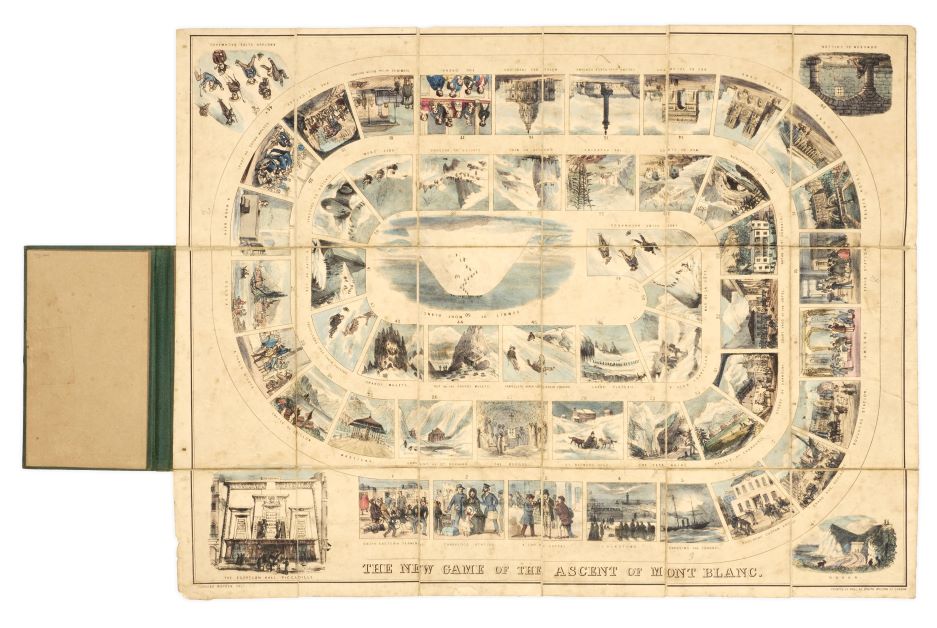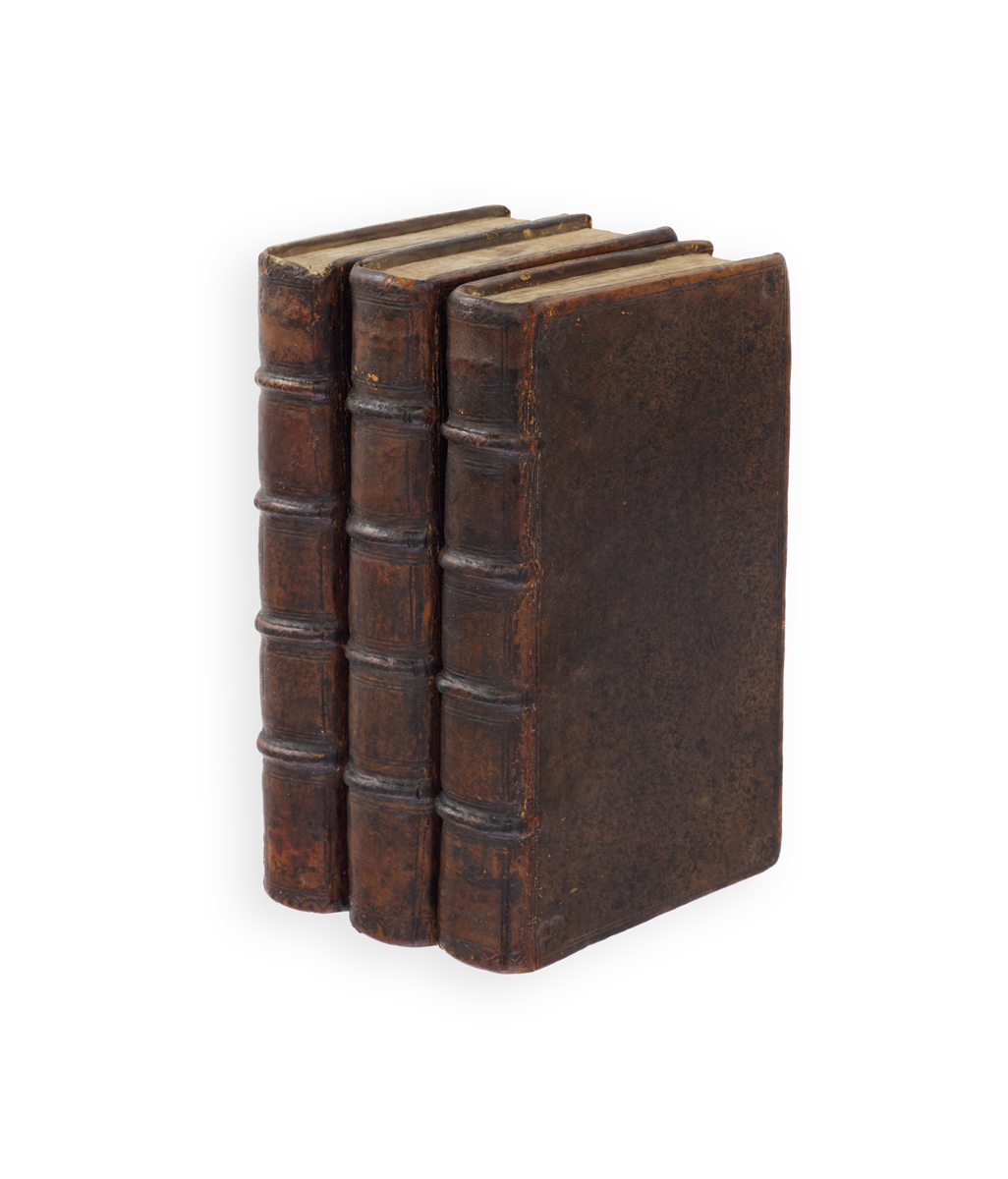QUAKER BOOK OF SUFFERINGS
[BURROUGH, Edward].
A Declaration of the present Sufferings of above 140. Persons of the People of God (who are now in Prison,) called Quakers: with a briefe Accompt of above 1900. more, being but a Part of many more that have suffered within these six Years last past …
London, Printed for Tho. Simmons …, 1659.
4to, pp. [2], 44, wanting the terminal blank F4; title lightly spotted, but a very good copy, disbound; contemporary manuscript corrections to four pages.
Added to your basket:
A Declaration of the present Sufferings of above 140. Persons of the People of God (who are now in Prison,) called Quakers: with a briefe Accompt of above 1900. more, being but a Part of many more that have suffered within these six Years last past …
First edition, one of the earliest comprehensive ‘books of sufferings’, cataloguing the persecution of the early Quakers. Quaker identity was heavily influenced by such collections of ‘sufferings’, the word acquiring a specific meaning for the Friends, of imprisonment for non-payment of tithes or for other specifically Quaker activities, like wearing hats, peaching and conducting meetings.
Although there were scattered earlier publications listing names of the persecuted, centralised records, organised by county, did not begin until around 1659 (the ‘Great Book of Sufferings’ in the Meetings for Sufferings archive begins then and continues to 1793). Here the victims are organised by ‘crime’ and within that by county. Among them are the 21 who were ‘persecuted until Death’, including Elizabeth Fletcher, who had been ‘thrown against Grave-stone, and into a Grave, and drawn through a Pool with ropes, and pumpt’ by scholars in Oxford; she never fully recovered, though she was well enough to make two trips to Ireland, where she was one of the first Quakers to preach.
Edward Burrough, who was converted by George Fox in 1652, travelled widely but was based in London, become the Quakers’ ‘leading publicist’ by 1659. A ‘son of Thunder and Consolation’, as he was called on a posthumous title-page, Burrough was a major antagonist of John Bunyan, and an uncompromising critic of both King and Parliament. Arrested for the last time in 1661, he died in Newgate in 1663.
The manuscript corrections to the present copy are substantive and evidently derive either from the author or a knowledgeable source: on p. 7 for example Francis Pennel of Awst ‘hath been a prisoner seventeen [eleven] moneths’, and on p. 12 ‘Rickward [Richard] Ward’ had an ox taken from him by Edward Lawrence, ‘Priest of Shrewsbury [Baschurch]’.

